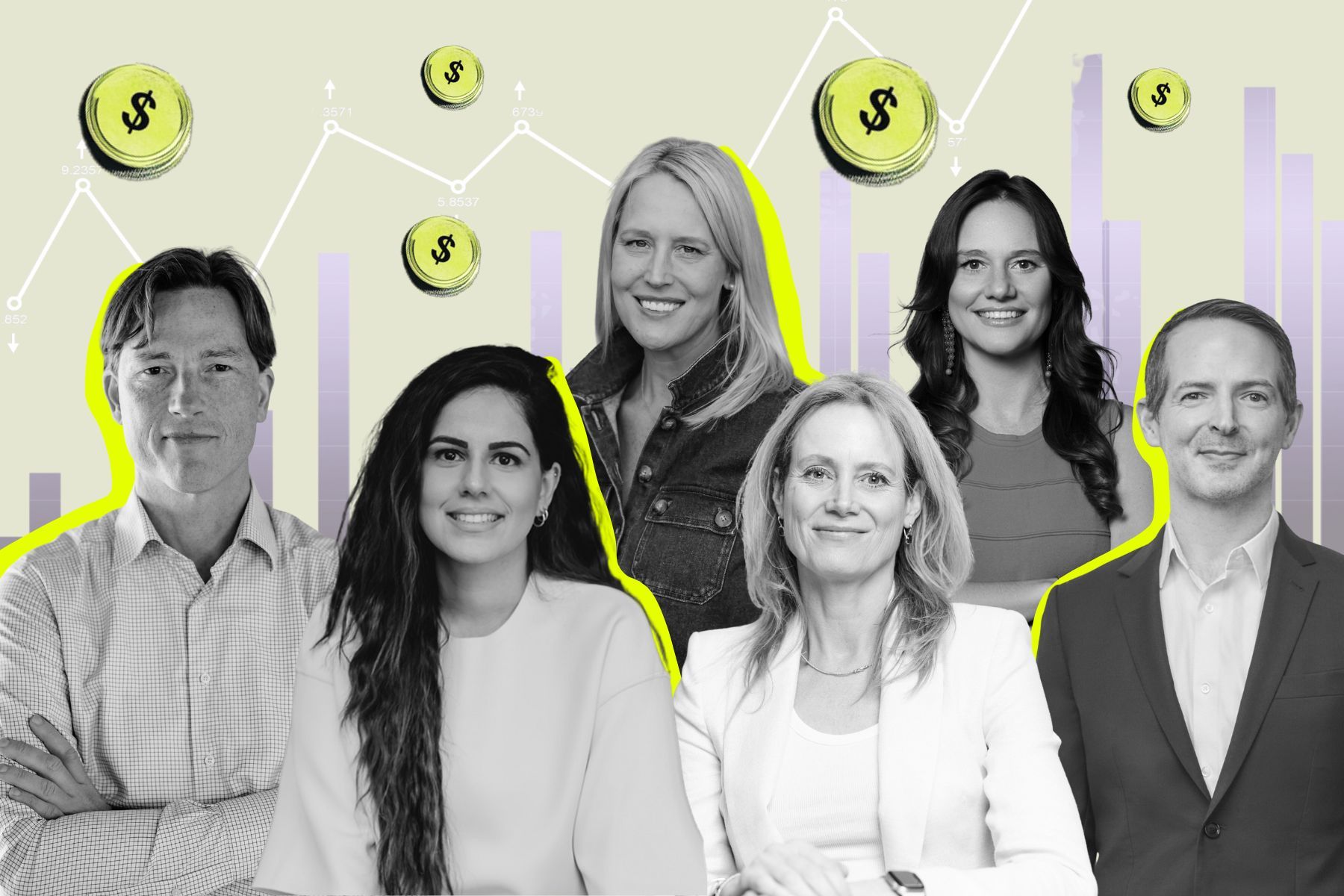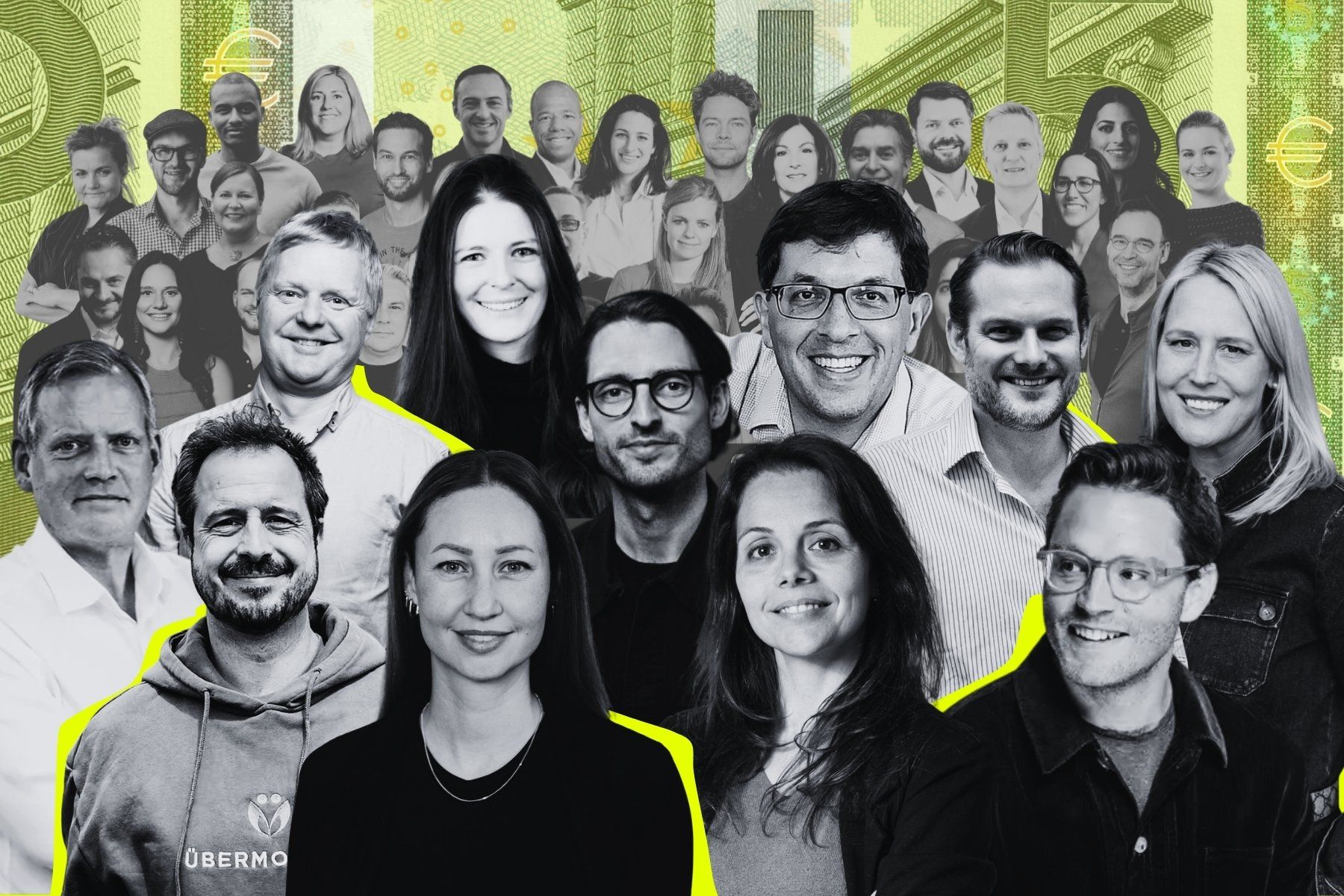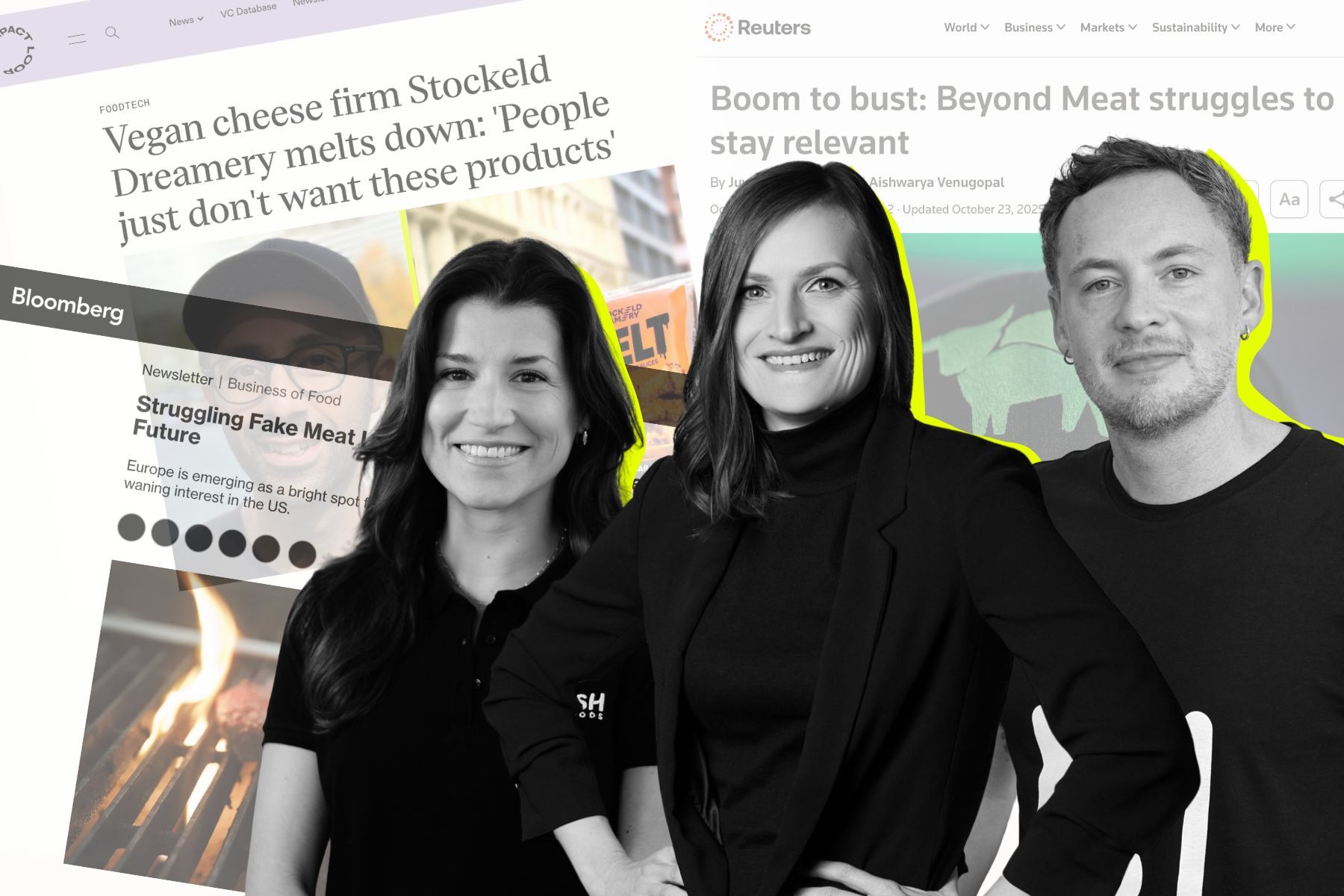Felix Leonhardt: The current foodtech slump means go-time for investors
Foodtech’s boom is over, and the sector is facing a sharp correction. Yet for Felix Leonhardt, managing partner at Oyster Bay Venture Capital, this “trough of disillusionment” is actually the best time to invest – even though he warns that some corners of the industry still have “a lot of pain to come.”
.png)

Foodtech’s hype is over. Valuations have plunged, investors are skittish, and some of the sector’s biggest names are fighting to stay afloat.
For Felix Leonhardt, the current struggles in foodtech are not a warning sign – but an opportunity.
“The trough of disillusionment is usually a good time to invest,” he says, in reference to Gartner’s hype cycle which maps the typical rise and fall of new technologies.
“By the time you reach this phase the hype has faded, many of the weak ideas have failed, and the companies that remain have learned hard lessons,” says Leonhardt on a call with Impact Loop.
“That’s when you start to see real quality emerge," he continues. "There’s a lot more quality in products, people, and a deeper understanding of what it takes to make it in the food sector.”
Global agrifood tech funding dropped from its 2021 peak $61.2b to around $16.1b in 2024.
But with fewer investors chasing opportunities, Leonhardt believes the quality of startups available to fund is higher than ever. “I can’t think of a better time to invest to be honest,” he says.
'It's been a lot worse'
Leonhardt has seen the highs and lows of the industry firsthand.
He started his first foodtech company Purefood in 2012 out of his dorm room, when Germany’s ecosystem was embryonic. A 2013 meet-up he organised drew just 13 attendees from across the country's entire foodtech scene, he recalls.
“Sure, the funding environment is tougher now,” Leonhardt admits. “But it’s been a lot worse.”
The investor remains confident that demand for food technologies isn’t going anywhere, either.
The global food industry, responsible for a third of greenhouse gas emissions and plagued by waste and inefficiency, is under mounting pressure to reinvent itself amid rising populations, climate constraints, and shifting consumer expectations.
“The underlying thesis behind investing in foodtech is still correct,” Leonhardt says. “It’s tackling a huge sector that needs to build stronger supply chains, adapt to regulation, and cater to population growth, climate change – you name it. Those problems aren't going away."
'Pain to come'
However, while the sector has matured, Leonhardt sees more turbulence ahead – particularly in precision fermentation, which relies on microorganisms to produce alternative proteins and fats.
“There’s still a lot of pain to come,” he warns. “Some companies raised a huge amount of money, and I’m afraid investors are going to get burnt.” The technology, he says, is impressive, but the economics remain challenging.
“Many of these business models don’t yet work at scale. Can they produce consistently, at a competitive price?"
Get full access to Europe's new platform for impact news
- Quality journalism, interviews, investor profiles and deep-dives
- Daily newsletter with top stories, latest funding rounds and roundup to keep you in the loop
Keep reading – get in the loop!
- Håll dig i loopen med vårt dagliga nyhetsbrev (gratis!)
- Full tillgång till daglig kvalitetsjournalistik med allt du behöver veta inom impact
- Affärsnätverk för entreprenörer och investerare med månatliga meetups
Fortsätt läsa – kom in i loopen!
- Håll dig i loopen med vårt dagliga nyhetsbrev (gratis)!
- Full tillgång till daglig kvalitetsjournalistik med allt du behöver veta inom impact
- Affärsnätverk för entreprenörer och investerare med månatliga meetups









